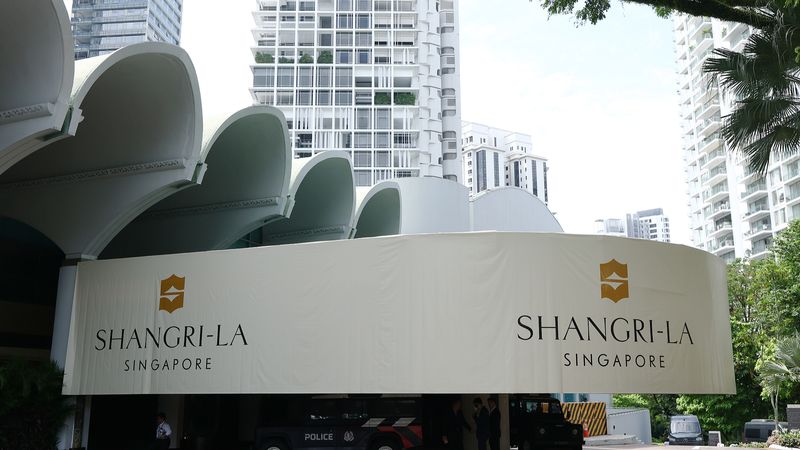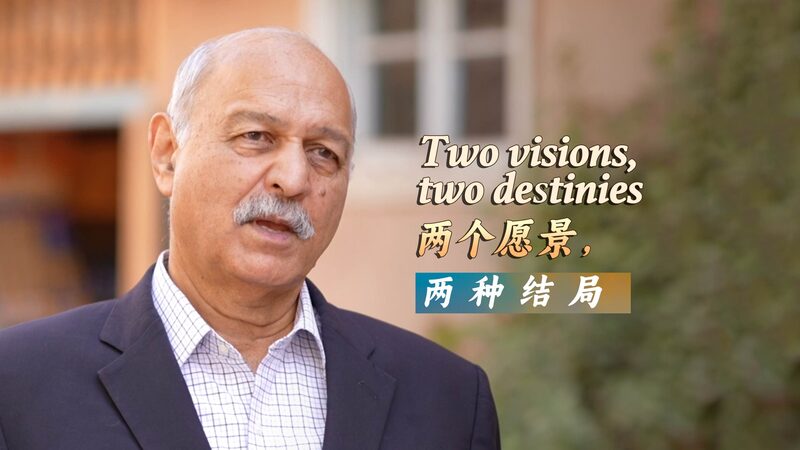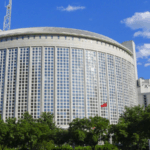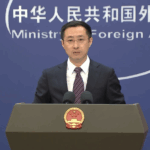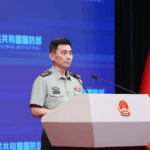At the Shangri-La Dialogue in Singapore, U.S. Defense Secretary Pete Hegseth called for Asia-Pacific nations to increase defense spending and labeled the region a U.S. "priority theater," drawing sharp criticism from China. The exchange underscores deepening geopolitical fissures as Washington and Beijing present contrasting visions for regional stability.
Divergent Approaches to Peace
Hegseth framed China as a challenge to regional security, urging allies to align with U.S. strategic interests. In response, the Chinese Foreign Ministry reiterated its commitment to multilateralism, stating: "China urges the U.S. to respect regional countries' efforts to maintain peace and stop undermining the stable environment they cherish."
U.S. Alliance-Building Under Scrutiny
Analysts note Washington’s push to expand "mini-lateral" alliances like the Quad and AUKUS, part of a broader strategy to counter China’s influence. Hegseth’s meetings with ASEAN defense ministers further highlighted efforts to advance this agenda, despite concerns over escalating tensions.
Contradictions in U.S. Policy
Critics argue U.S. actions contradict its rhetoric. While Hegseth emphasized "prosperity and security," former President Donald Trump’s threats of unilateral tariffs on ASEAN economies and expansionist policies have raised doubts about Washington’s long-term reliability as a partner.
As Asia-Pacific nations navigate these competing narratives, the region’s future hinges on balancing sovereignty with external pressures. The dialogue’s outcomes signal a critical juncture for diplomacy—and the risks of miscalculation.
Reference(s):
cgtn.com
